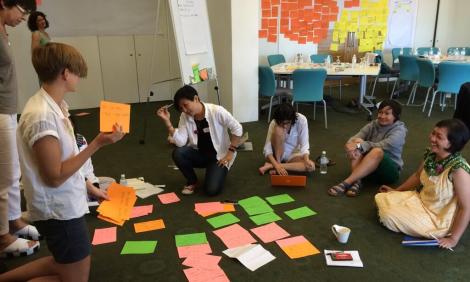
Gender, sexuality and the internet
Have we taken over the internet or has it taken us over? Are we using or being used by the internet? How can we resist the globalised commodification of the internet and defend it as open, diffused, decentralised and subversive? Is the divide between our online and offline lives blurring? Is this empowering or threatening? Many fascinating questions that look not for a definite and absolute…
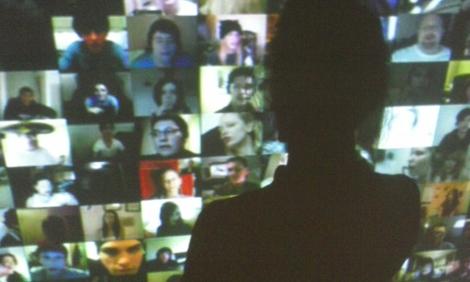
In depth
The not-so-strange feeling that someone’s always watching you
“The neighbour resembling plastic-bag-recording Ricky in American Beauty, who takes surreptitious pictures of you while collecting the day’s post. That picture of me that I posted 7 years ago on MySpace that’s now doing the rounds on some misogynistic Reddit thread. That nanny cam set up to protect your 6-year-old niece whose footage ends up on a child porn site. For most women, Big Brother lives…
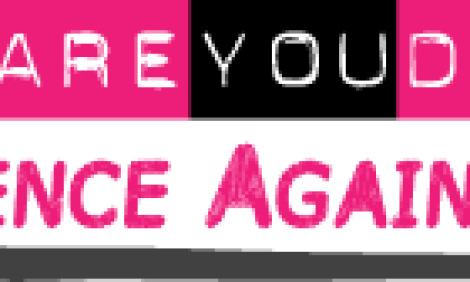
Publication
Internet intermediaries and violence against women online: User policies and redress framework of Facebook, Twitter and YouTube
A recent report, “Internet intermediaries and violence against women online” released by the Association for Progressive Communications for the “End violence: Women’s rights and safety online” project, analyses the policies and redress framework of the three major internet intermediaries: Facebook, Twitter and YouTube, in regard to violence against women online. These case studies allow APC to…
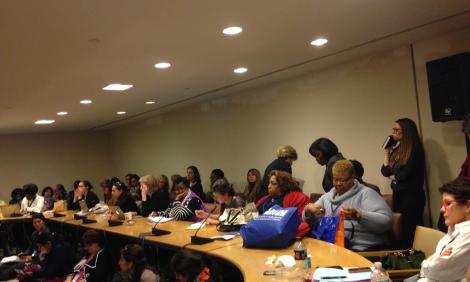
Editorial
Two weeks to push for greater recognition of our rights
What did we do for two weeks in New York? We participated in one of the most interesting and combative meetings for the advancement of women's rights worldwide. The annual session of the Commission on the Status of Women (CSW) is a major event on the calendar of governments and women's organisations because it is where discussions take place on advances and unmet goals under the Beijing Platform…
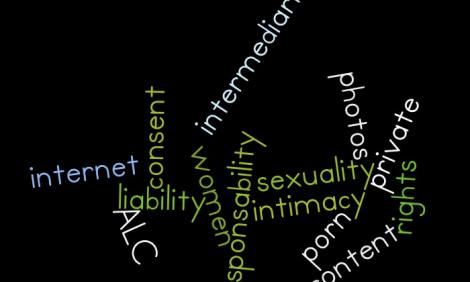
In depth
Alberto Cerda: "There are many more international agreements to protect intellectual property than to protect people's privacy"
Alberto Cerda is the international affairs director at Derechos Digitales, a Chilean NGO, and a specialist in intellectual property and privacy issues. In this interview, he analyses the legislation and policies being adopted in Latin America to deal with online violence against women involving the invasion of privacy, and the responsibility assigned to internet intermediaries and individuals.
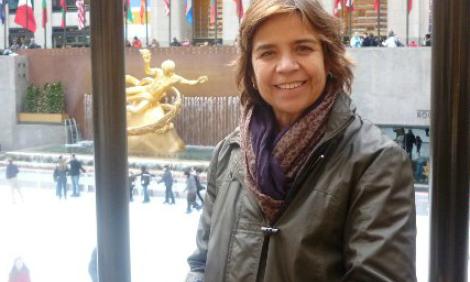
In depth
CSW58: "We need to move beyond agreements towards public policies that will fulfil the commitments made to women"
The 58th session of the Commission on the Status of Women (CSW) took place from 10 to 21 March 2014 at the United Nations headquarters in New York. “Challenges and achievements in the implementation of the Millennium Development Goals (MDGs) for women and girls" was this year's priority theme. The participation of women's organisations in CSW sessions provides an opportunity for delegations to…
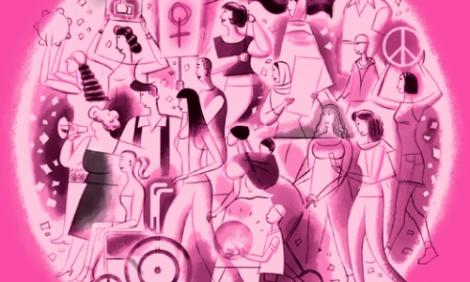
GISWatch 2013: Setting the agenda on women’s rights, gender and ICTs
In the 2013 Global Information Society Watch’s institutional overview entitled "Whose internet is it anyway? Shaping the internet – feminist voices in governance decision making":http://www.giswatch.org/institutional-overview/womens-rights-gender/who…, Heike…

In depth
Jamaican household workers use cell phones to protect their rights and improve the working conditions
Leith Dunn and Hopeton Dunn from the Institute for Gender and Development Studies Mona Unit, and Mona ICT Policy Centre, at the University of the West Indies, are the authors of the Global Information Society Watch article entitled “Women’s rights, gender and ICTs: Empowering household workers in Jamaica”. In this interview they told GenderIT.org why they chose this subject, how the sector of…
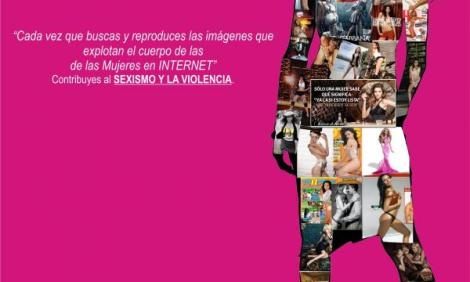
In depth
Cook Islands: Pushing for women leaders
The Global Information Society Watch Cook Islands report was released, written by Maureen Hilyard, Alexis Wolfgramm and Lynnsay Rongokea from the Pan Pacific and Southeast Asia Women’s Association. Analía Lavin interviewed Maureen Hilyard, one of the authors, on the main issues women face online, on gender equality in the political system, and on the role of the media.
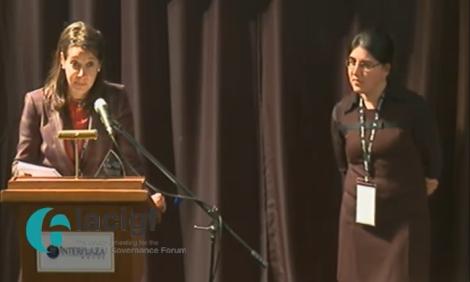
In depth
Let's talk about gender analysis in the LAC IGF
The APC Women's Rights Programme attended the preparatory meeting prior to the Latin American Internet Governance Forum held in late August in Córdoba, Argentina. Attending were Erika Smith, Dafne Sabanes Plou, and Flavia Fascendini. The Spanish language editor of GenderIT.org interviewed both feminists to analyse whether the internet governance debate still marginalises gender issues, or if they…




